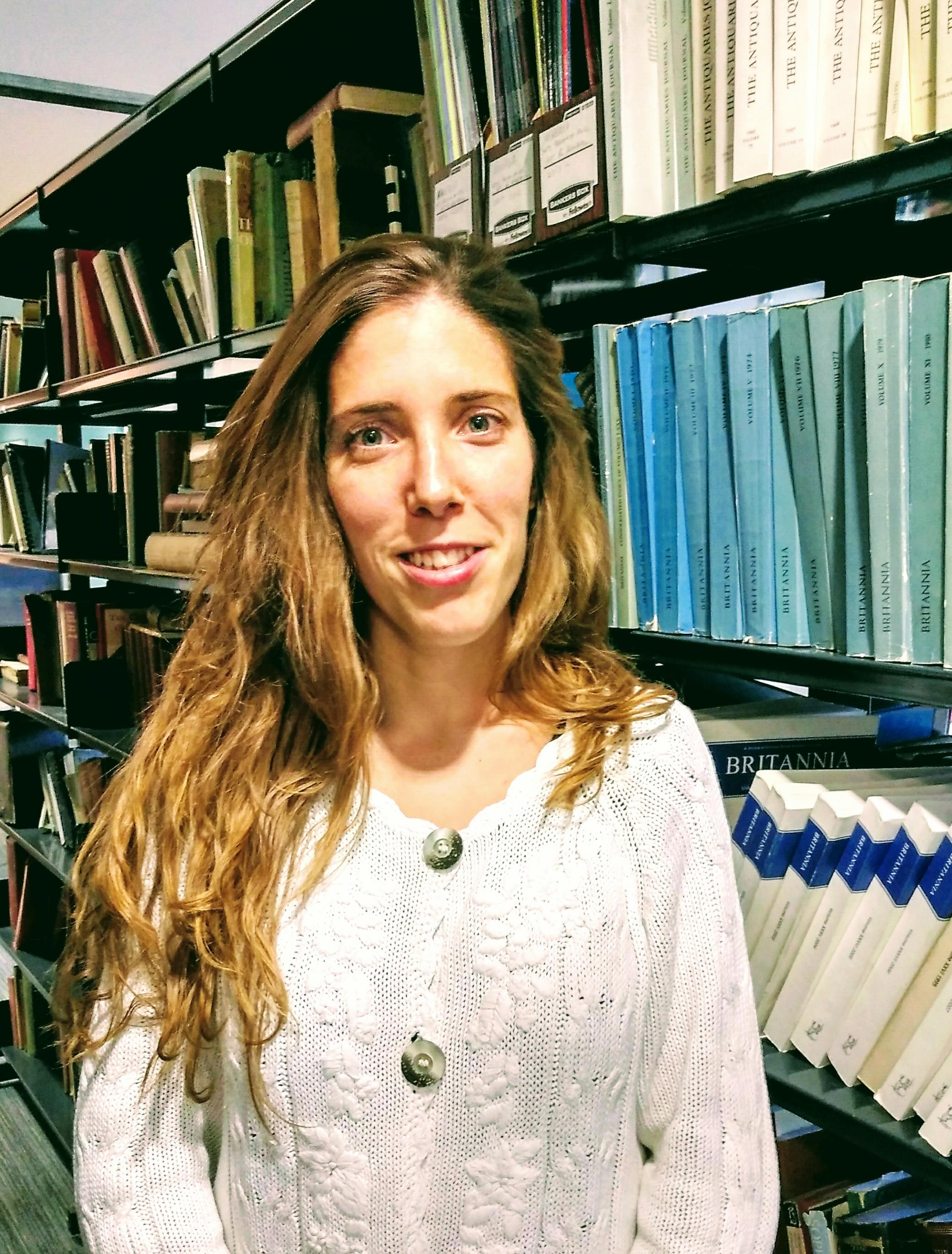Update from a Postgraduate Fellowship project

Laura Muñoz Blanco has spent 63% of the Fellowship funding that she was awarded last year. Namely, 88% in data collection and 12% in attending a virtual conference. With the funding left she will proceed with some additional data collection. However, due to Covid constraints, the data provider does not accept physical visits. As a result she is waiting to see how things unfold to decide if she will allocate the funding left in a journal submission and a software license (Stata) that is required to run the project.
A paper of hers has been selected to be presented at two conferences this summer: The Migration Conference 2021 from 6 to 10 July 2021 to be held online and hosted by Ming Ai (London) Institute and International British Business School, United Kingdom; and International Migration, Integration and Social Cohesion in Europe (IMISCOE) Conference 2021 hosted by Luxembourg University, which will take place online July 7, 8 and 9, 2021.
Here is an abstract of this paper:
By 2018, 70.8 million people worldwide had been forced to flee from their home (UNHCR, 2019). This paper explores how variation in exposure to internally displaced population that happened in the past affect social participation in host municipalities during the last 40 years. To measure forced displacement, I exploit the displacement associated with the construction of reservoirs during the Spanish dictatorship (1936-1975). I rely on a newly collected historical dataset on forced displacement and social participation to then implement an instrumental variable approach. I find that exposure to internally displaced population inflows has a long-term and sizable benefit on social participation. Interestingly, the effects occurred right after the arrival of displaced population and persisted over 50 years. I propose two mechanisms for these results: social ties moving together with the population displaced and an upward shift in trust. Results are robust to potential cofounding effects of violence during the dictatorship.

